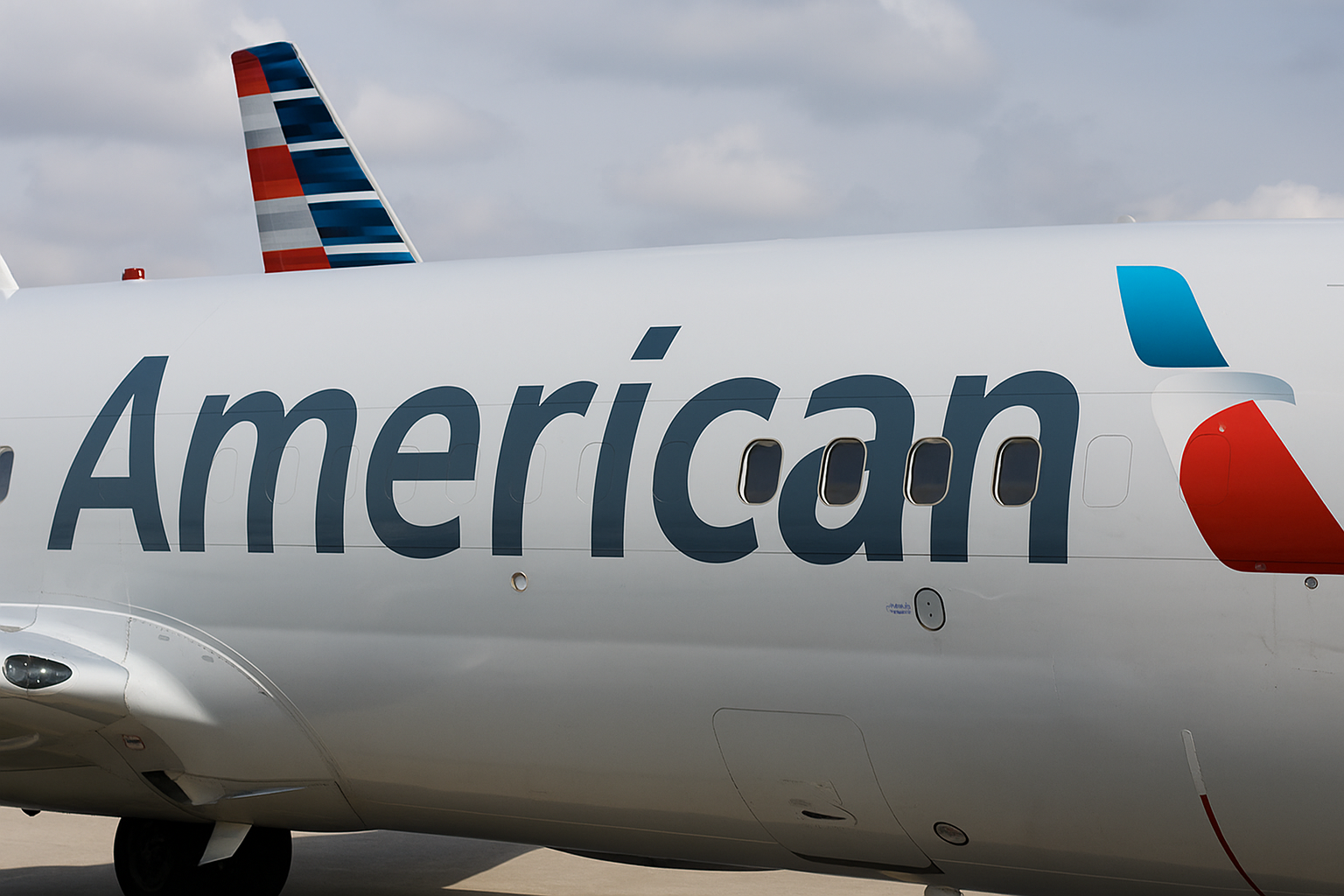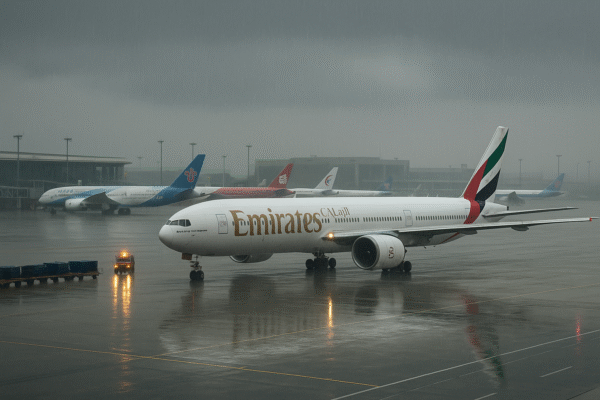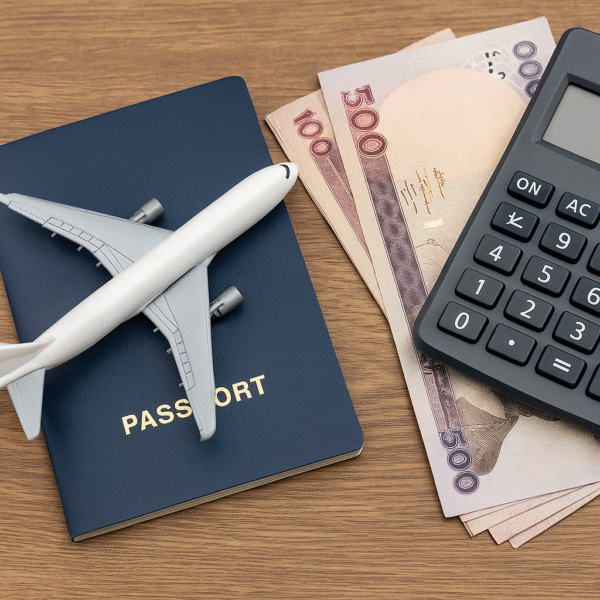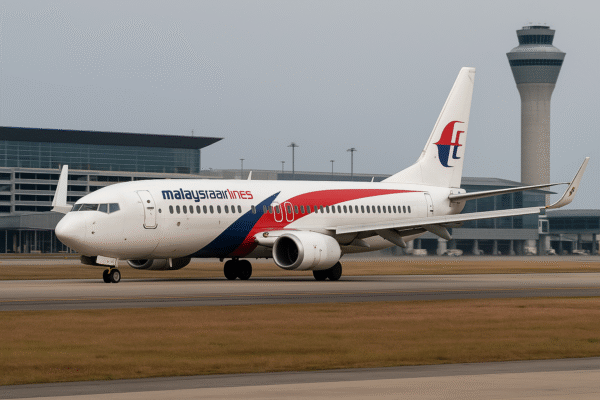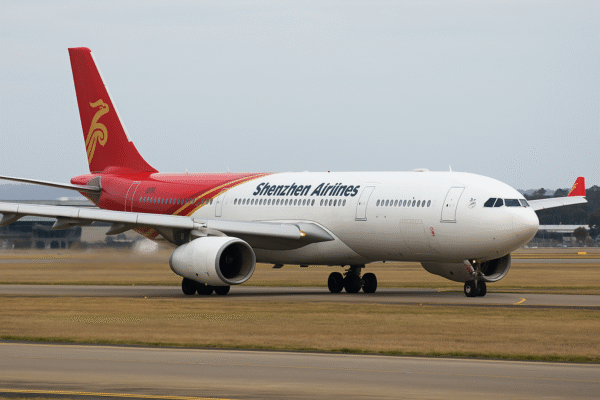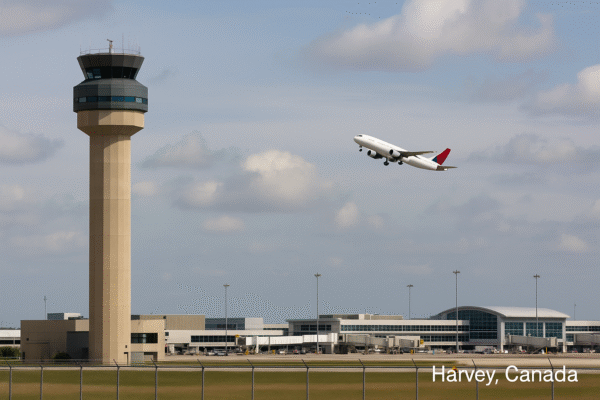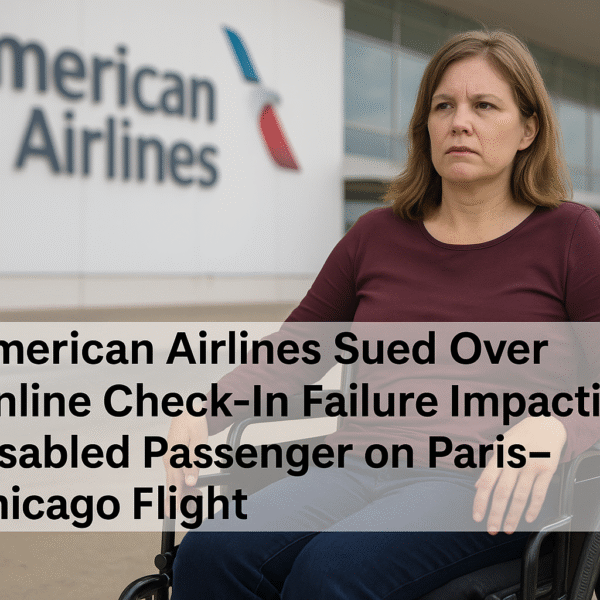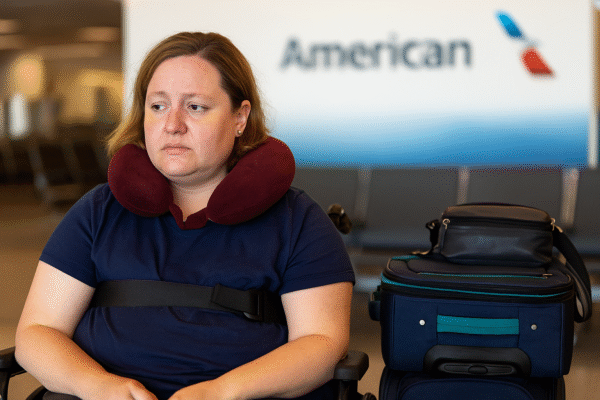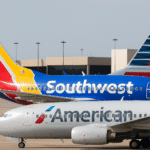A disabled passenger from Illinois has filed a $216,000 lawsuit against American Airlines, alleging that the carrier’s online check-in system failed to accommodate her disability needs for an international Paris–Chicago flight. The claim accuses the airline of violating the Montreal Convention and U.S. disability laws, citing both emotional and physical harm due to inaccessible technology and inadequate in-flight disability assistance.
This case is poised to become a landmark legal precedent for how airlines manage accessibility in the digital age — particularly for online check-in services.
The Incident: When Technology Blocks Access
Kelsey Brickl, the plaintiff, was traveling from Paris Charles de Gaulle Airport to Chicago O’Hare with her family on July 22, 2025. Brickl suffers from severe mobility, cardiac, and neuromuscular disabilities, requiring careful travel arrangements, including wheelchair assistance and pre-coordinated boarding support.
According to the lawsuit, American Airlines’ online check-in platform preassigned incorrect honorific titles — “Mister” and “Missus” — to both Brickl and her son. This mismatch in passenger metadata triggered the system’s lockout mechanism, preventing completion of the online check-in process. As a result, the family was forced to complete check-in physically at the airport.
This error required Brickl to manually navigate a busy international terminal, causing extreme fatigue and disrupting her medical care schedule. Pre-arranged disability assistance was also put at risk due to the late check-in.
Alleged Legal Violations
Brickl’s attorneys argue that this incident breaches Article 17 of the Montreal Convention, which holds airlines liable for accidents and injuries linked to boarding, in-flight, or deplaning processes. They contend that for passengers with disabilities, online check-in is not just a convenience but a legal right, ensuring smooth airport navigation and preserving essential medical arrangements.
Upon arrival at Chicago O’Hare, the alleged violations continued. Brickl’s wheelchair was not delivered to the aircraft door — a requirement under U.S. Department of Transportation (DOT) rules — but was sent to baggage claim. She was reportedly forced to remain on board until her wheelchair was retrieved, further exacerbating her physical strain and emotional distress.
Physical and Emotional Consequences
The lawsuit outlines significant post-flight deterioration in Brickl’s health, including “physical pain, humiliation, emotional trauma, and documented medical decompensation.” Medical appointments and treatments were disrupted, requiring more intensive follow-up care.
Brickl’s legal team is seeking $216,000 in damages for medical expenses, emotional harm, and violations of disability rights under U.S. federal law and international aviation law.
American Airlines’ Response
American Airlines has acknowledged the incident occurred but has declined detailed comment pending litigation. The carrier stated that airport assistance was provided and apologized for any inconvenience to other passengers.
However, disability rights advocates argue this is part of a larger pattern. In October 2024, the DOT fined American Airlines $50 million for mishandling wheelchairs and failing to assist passengers with disabilities between 2019 and 2023 — the largest fine of its kind in U.S. aviation history.
Wider Industry Implications
If successful, this lawsuit could set a precedent on whether the absence or failure of accessible digital airline services — such as online check-in — constitutes a violation of disability rights.
The case also reignites calls for comprehensive enforcement of the Air Carrier Access Act (ACAA) and stronger compliance with digital accessibility standards. According to disability advocacy groups, airlines must modernize both their physical and technological infrastructure to ensure inclusive travel experiences.
Past Precedents and Ongoing Challenges
This is not the first time air travel accessibility has made headlines:
- In 2023, multiple carriers, including American Airlines, faced lawsuits over damaged mobility devices.
- In 2022, the U.S. Government Accountability Office reported that over 10,000 wheelchairs and scooters were mishandled by U.S. airlines in a single year.
While American Airlines has introduced technology to track mobility devices and offer faster compensation, critics say core accessibility features like online check-in remain overlooked.
The Broader Legal Landscape
Under the Montreal Convention and U.S. disability law, airlines must ensure equal access for all passengers. Yet, digital systems are often designed without sufficient accessibility testing, leaving passengers with disabilities at a disadvantage.
Legal experts believe the Brickl case could extend disability compliance requirements to include all digital and automated passenger services, not just physical accommodations.
What This Means for Disabled Travelers
If Brickl prevails, airlines may be compelled to:
- Audit and upgrade online check-in systems to meet accessibility standards.
- Guarantee seamless integration between digital and physical assistance services.
- Provide legal accountability for any technological barrier that hinders disabled passengers from traveling independently.
Such reforms could improve travel experiences for millions of passengers worldwide, setting a new standard for the aviation industry.
Conclusion: The Future of Accessible Air Travel
The American Airlines disability lawsuit is more than a single passenger’s legal battle — it is a test case for the future of air travel accessibility. As airlines continue to adopt automation and digital platforms, they must ensure these innovations do not exclude or endanger disabled passengers.
Whether the court rules in favor of Brickl or American Airlines, this case will likely reshape industry practices, influence international aviation law interpretation, and redefine what accessibility means in 21st-century travel.
For more travel news like this, keep reading Global Travel Wire





